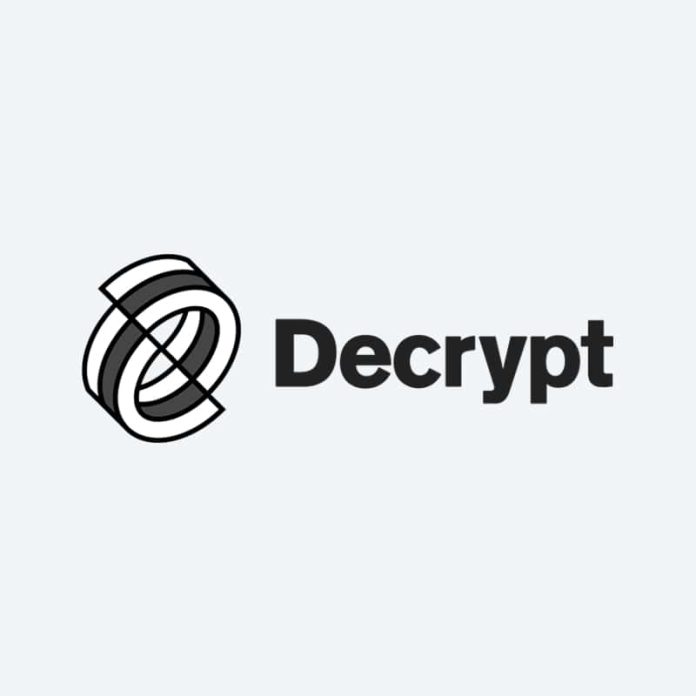Coinbase recently sent out a notification to its users that it is revising the conditions of its staking services, following a crackdown by the U.S. Securities and Exchange Commission (SEC) on similar products.
The U.S.’s biggest crypto exchange highlighted in an email to clients that they will continue to earn rewards via protocols and not the exchange itself – a particular point of contention with the SEC.
Staking involves “locking up” digital currency in order to sustain a blockchain network. It is a requirement for proof-of-stake assets such as Ethereum, Cardano and Solana that users pledge their cryptocurrency in order to be rewarded for their efforts.
Carrying out the process can be a cumbersome task, and this is where exchanges like Coinbase come in. They provide the service for their customers and in return charge a transparent fee.
The new change by Coinbase means that users must now unstake certain assets such as Solana, Cardano, Cosmos and Tezos before transferring or selling them. This brings Coinbase’s service more in line with the kinds of staking services that exist on blockchain networks natively.
Coinbase also added that it may take a few hours or weeks before users can unstake their assets and move or sell them. This is due to the protocol rules and Coinbase’s own processing time.
The update to Coinbase’s terms comes after the SEC took action against Kraken, another popular American crypto exchange, in April. The regulator fined the exchange $30 million for failing to register the offer and sale of their staking-as-a-service program.
Kraken agreed to pay the fine, but stated that it would still offer staking services to non-U.S. customers through a separate subsidiary.
The SEC stated that staking services may be in violation of federal securities laws in the U.S. when exchanges become too much of an intermediary by determining the returns for its customers instead of just the protocol.

